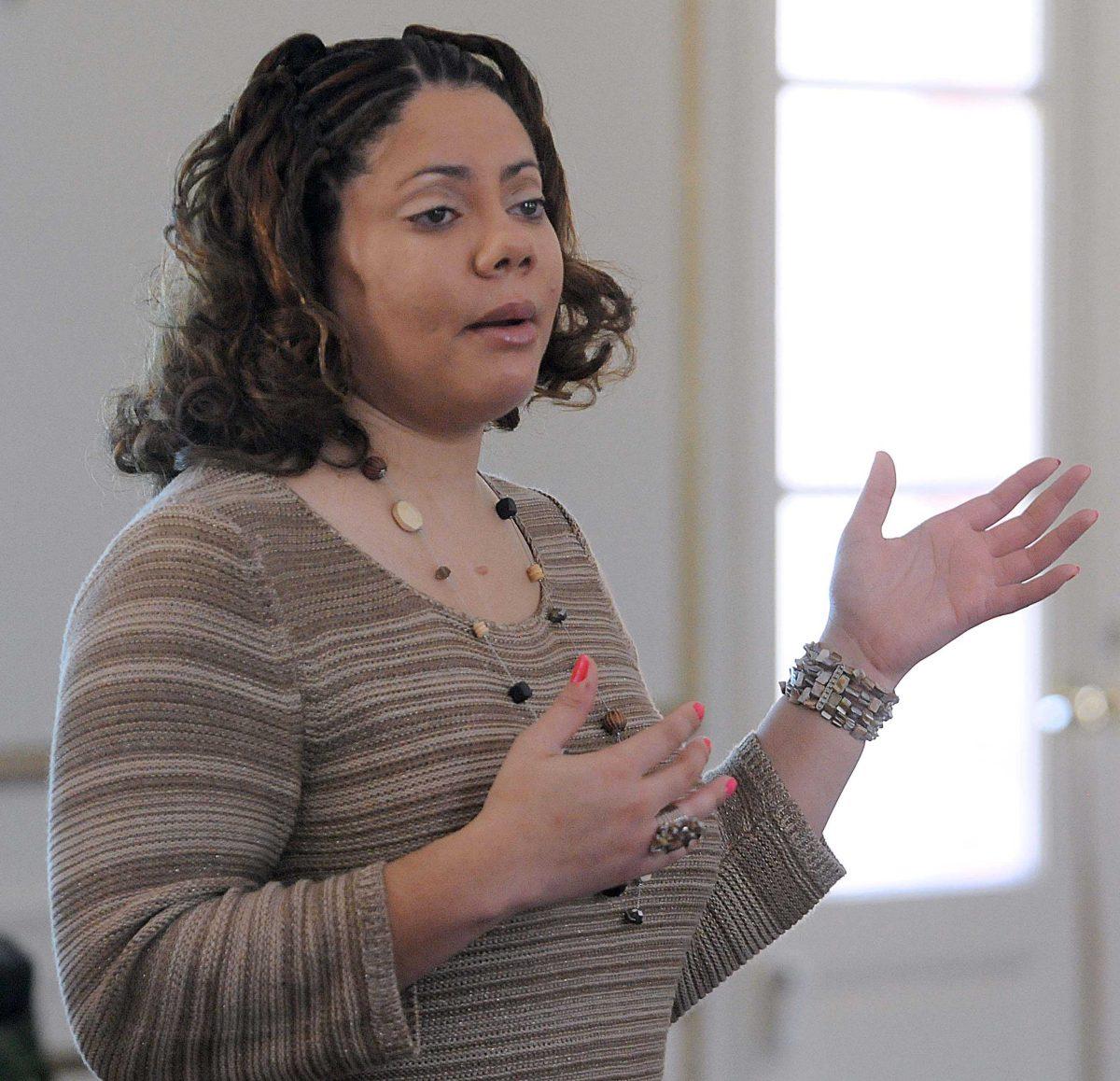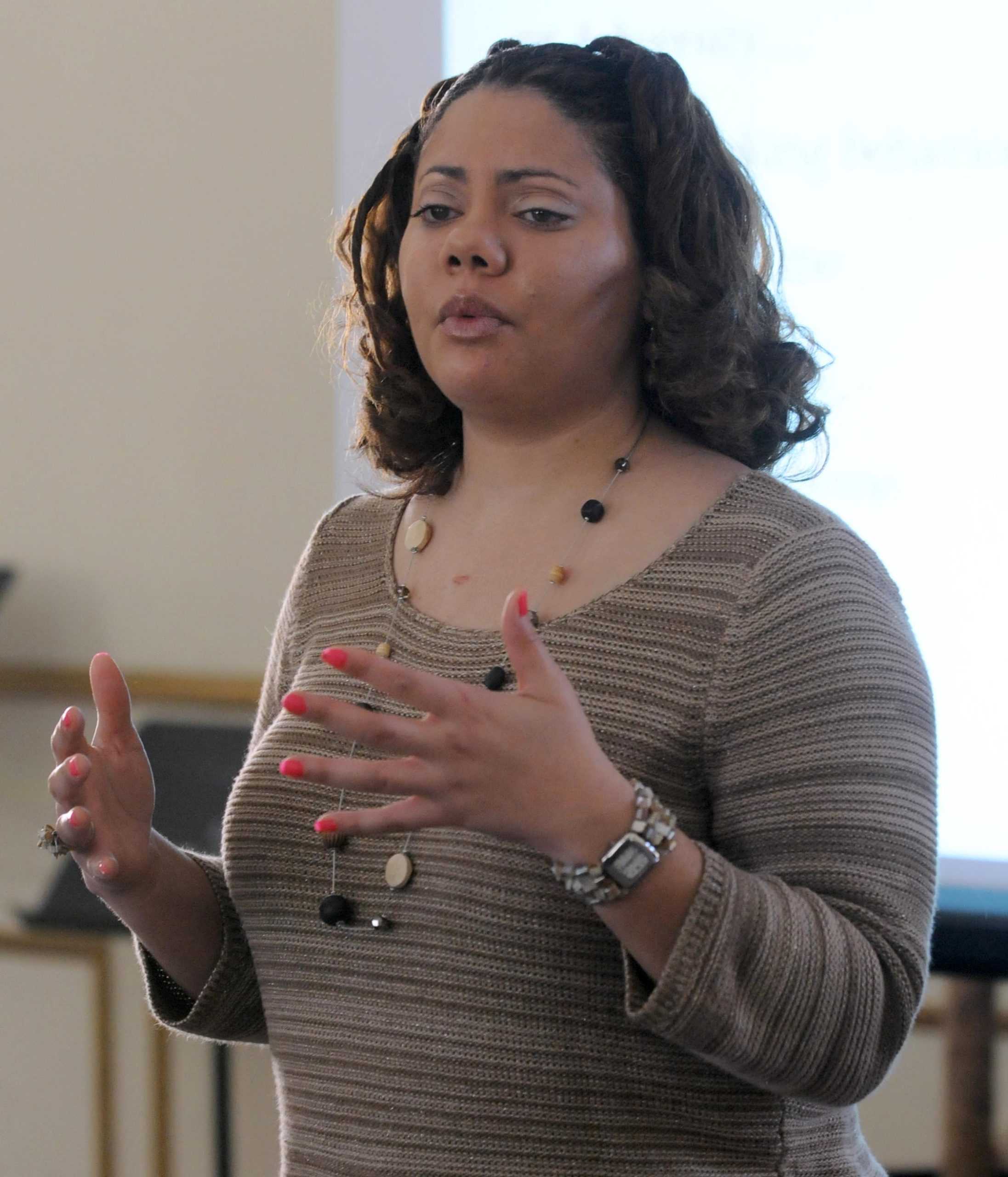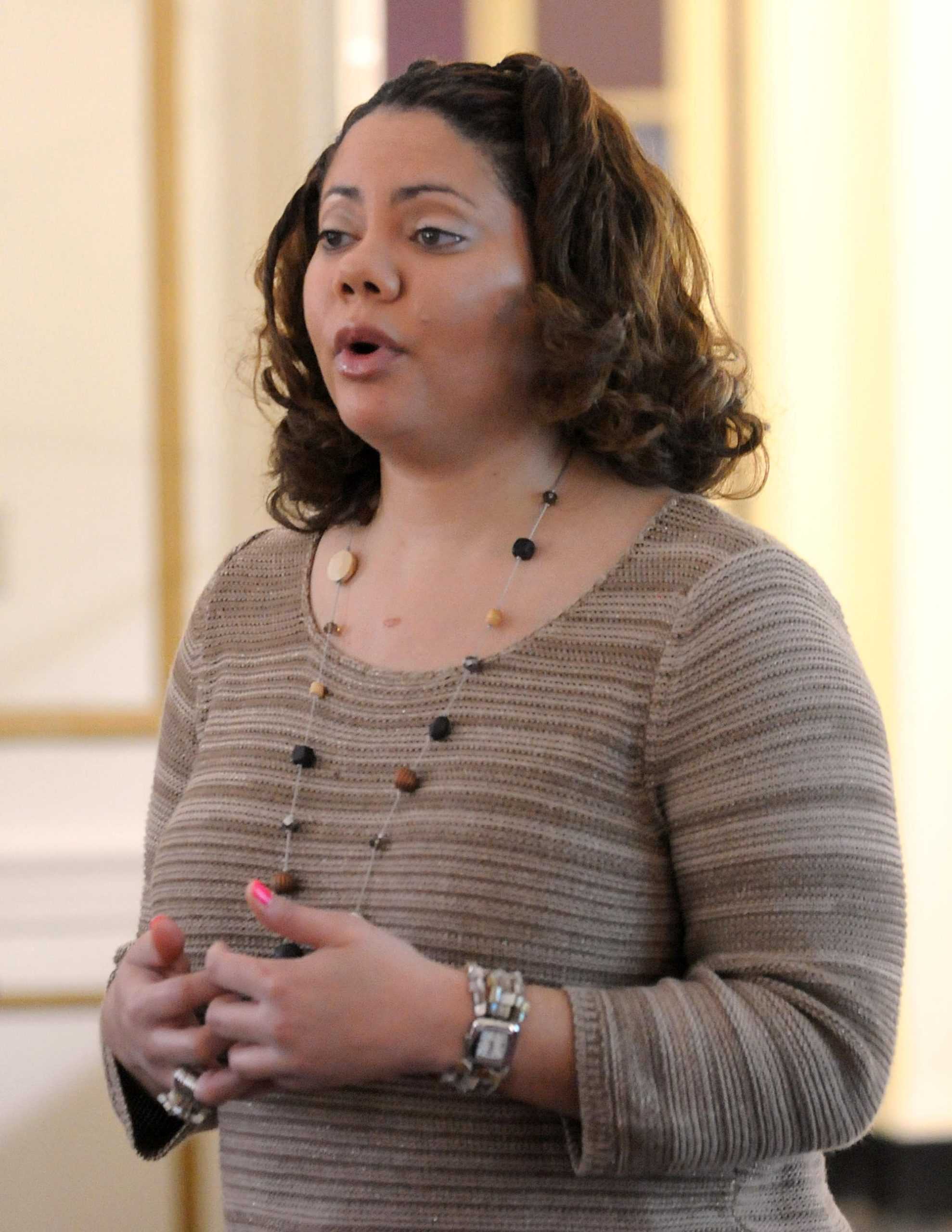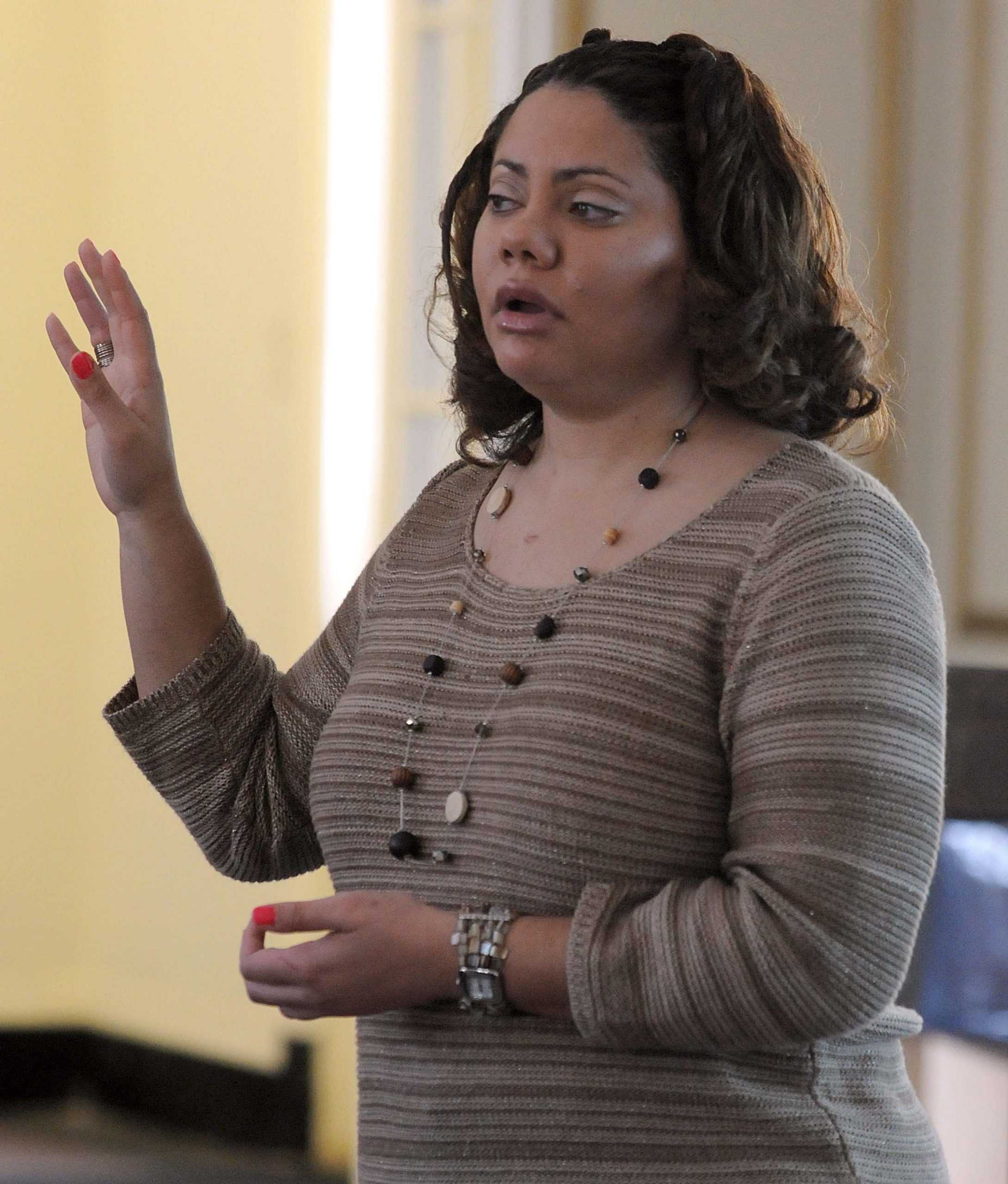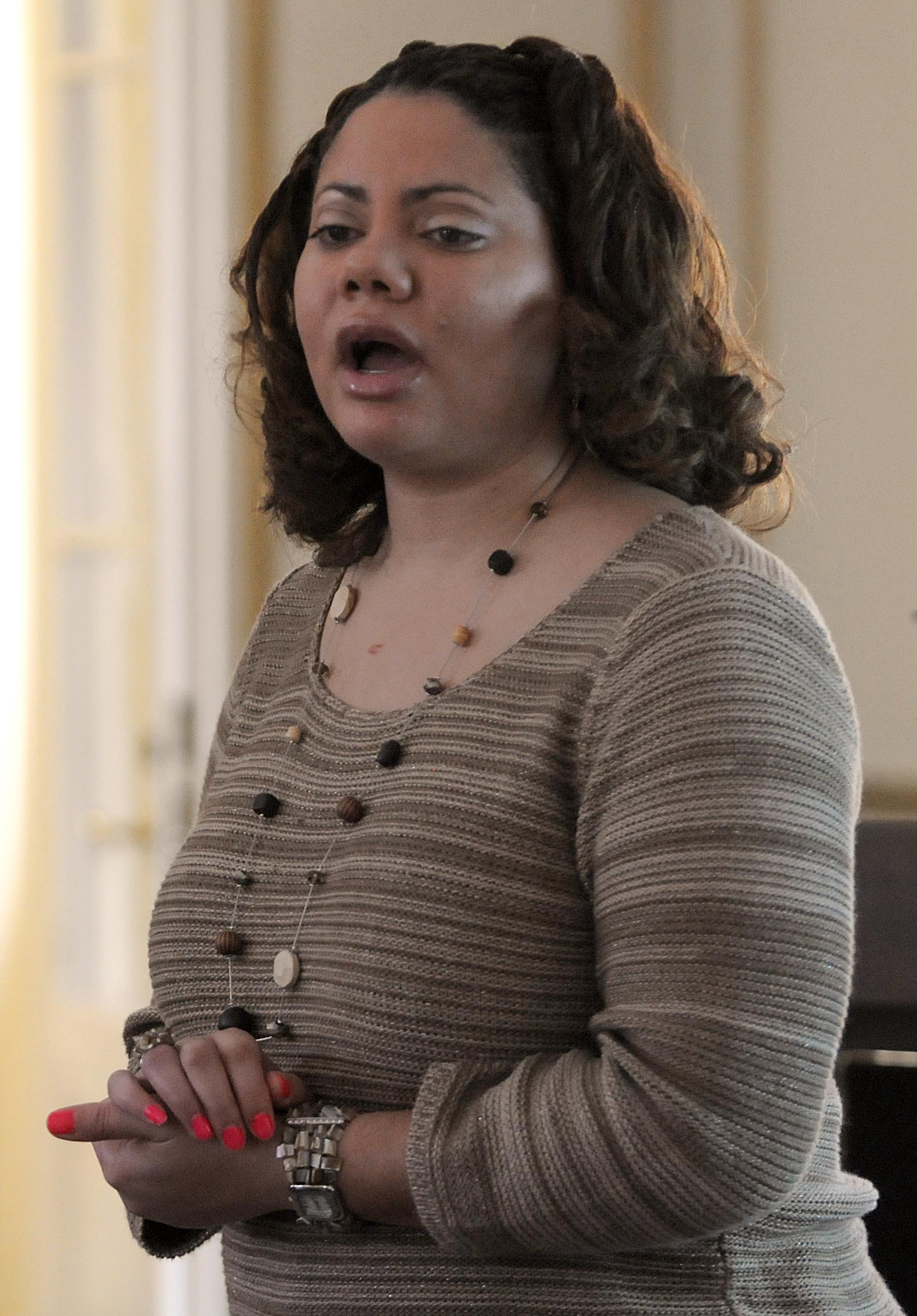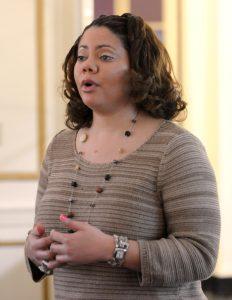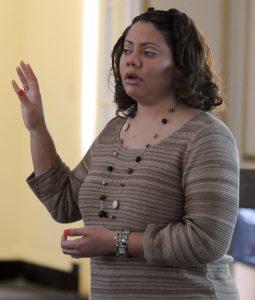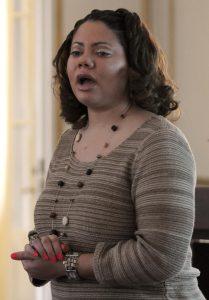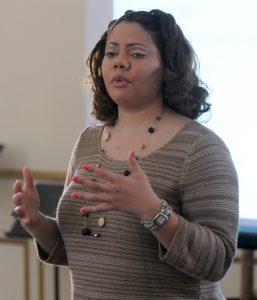While there are outlets for minority students on campus to seek guidance, some University students and faculty are still focusing on the underrepresentation of minority students on campus.
Danielle Alsandor, assistant professor of Higher Education in the College of Human Sciences and Education, spoke Wednesday on the topic of resiliency of underrepresented college students within the University and across the realm of higher education.
One of the issues Alsandor discussed was minority student recruitment and retention in higher education. Though the University is known for having diverse student bodies, African-American students only make up about 11 percent of the student population, which was surprising, Alsandor said.
“We need inclusivity,” Alsandor said. “I am more than certain racism and sexism happen here; to what extent I’m not sure yet.”
Alsandor said she plans to continue research she conducted at prior universities concerning the statistics and causes of student retention, or lack thereof. There are many factors to consider when dealing with student retention, one of which is how comfortable a student feels at the institution, and race or ethnicity can factor in, she said.
While Alsandor said she wants to focus on student retention, representation in the Greek Life realm on campus is another hurdle.
DeAndre Beadle, president of Alpha Phi Alpha, said the fraternity, an NPHC organization, has tried to purchase its house from the University for years, though a lack of membership and funding make it more difficult to buy the house.
Angela Guillory, director of Greek Life, said Alphi Phi Alpha’s fraternity house is the only Greek house on campus owned by the University and operated by the Department of Residential Life.
It’s also the only African-American fraternity or sorority house on campus.
Beadle said securing the house is important for the future of their chapter of Alpha Phi Alpha, but the house may not be purchased in the next five to 10 years because of the lack of funds.
Currently, the set price per year for leasing the house is divided among the members living in the house and a smaller portion divided among the members not living there, Beadle said. Because the chapter only has 24 members, the highest number in years, funds for the house also come from the support of their alumni association.
“We need inclusivity. I am more than certain racism and sexism happens here; to what extent I’m not sure yet.”
Student resiliency important on campus
February 5, 2014
Dr. Danielle Alsandor speaks during her lecture on “The Resiliency of Underrepresented College Students” as part of the Blacks in Academia Lecture series Wednesday Feb. 5, 2013 in the LSU Honors College: French House Grand Salon.



